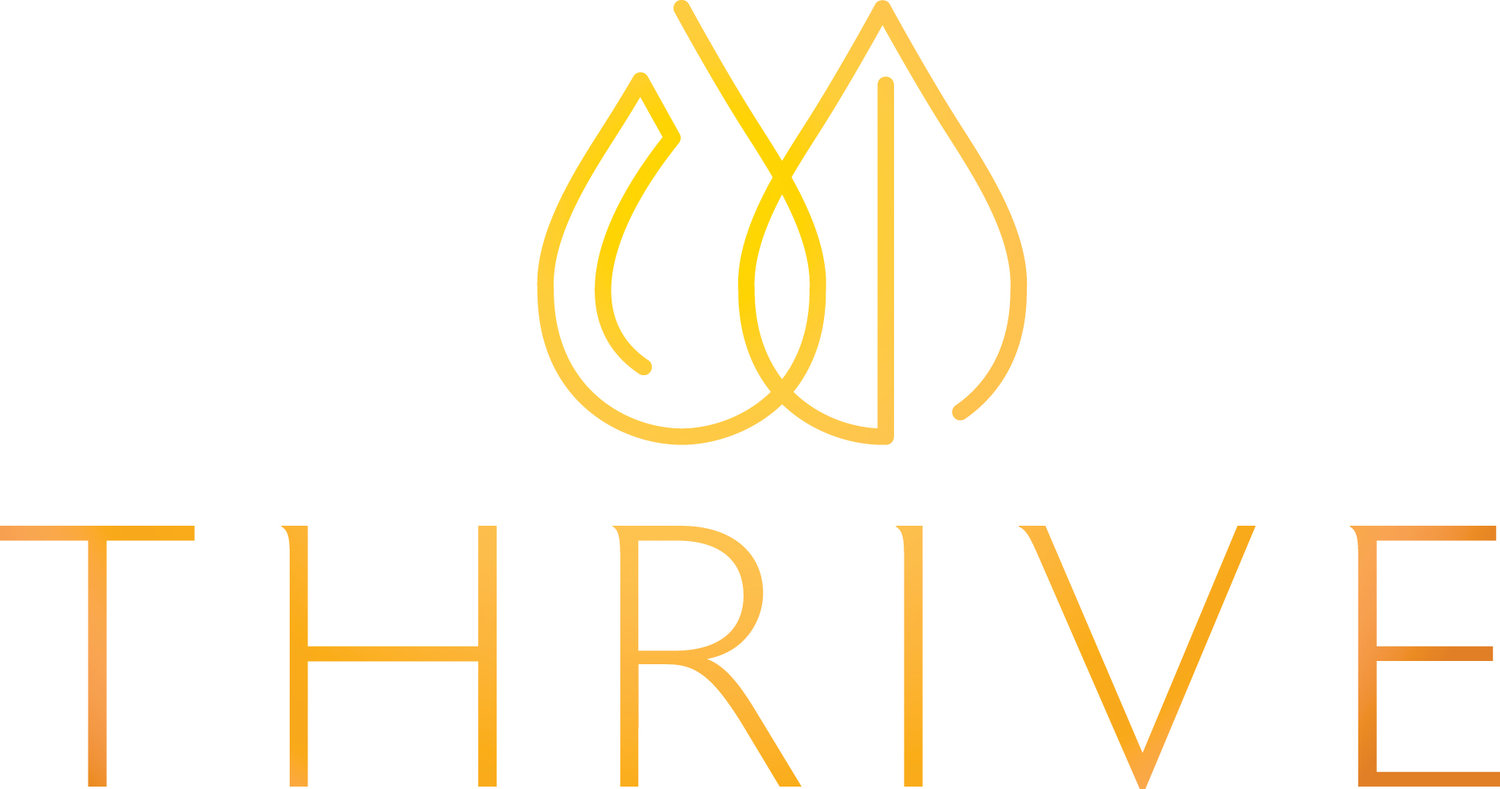Your Brain on Sugar
Well, it’s January! Time to jump on the secular bandwagon and give something up for 30 days. If you’re like most people, you’re probably giving up sugar (a.k.a carbs) and alcohol (a.k.a liquid carbs).
Who here has tried to quit sugar & alcohol before?
A few years after I finished having my kids, I was still 20lbs overweight and was struggling with a multitude of health issues. And as part of my New Year’s resolution to lose the weight and get fit again I decided to quit sugar. Chocolate and chocolate chip cookies were my kryptonite, so logically I thought, “Yup! Let’s start with the hardest of all challenges cuz if I can do this ONE thing – then I will be skinny, fit and I’ll feel good again.”
Well, let me tell you – the struggle was mammoth. My Sugar Beast was huuuuge and strong. I would finish lunch and it would nag me for a piece of chocolate. I would plop on the couch in the evening ready to Netflix and chill and it would surface beseeching me for a glass of wine or the rest of the chocolate I didn’t eat. I tried to ignore it, but the sugar Beast would cry even louder, unrelenting until I finally gave in.
And when I did, I felt like crap. This is how I would talk to myself:
“Cristina- why are you so damn weak-minded? What’s wrong with you? Can’t you see this is making you undesirable & unhappy. Why can’t you just stop, put your big girl pants on and do what you have to do.”
It wasn’t until I studied to become a nutritionist that I realised that beating the Sugar Beast was not a mind over matter battle. The Sugar Beast lives in out gut – not our mind. We just think it lives in our brain because that is where the messages from our gut get translated into language we understand.
In the last decade, an ever-increasing body of research on the brain-gut axis is showing us that our cravings & even our mood, our emotions & our “gut feelings” are largely determined by out gut microbiome. Our gut microbiome is our own personal wellness army composed of trillions of different bacteria - 100,00 times more populous than people on earth. This microbial army is responsible for safeguarding wellness factors like our immunity and our happiness. 95% of our happy hormone serotonin is metabolised in our gut. So our gut is not just a digestive organ – but it is our second brain. When spread out, our gut is the size of a basketball court and it is packed with thousands of little sensors & millions of microbes that carry critical information to the rest of the body and give our emotional brain information about our health & wellbeing.
Unfortunately, if your gut’s army has a rogue unit, you need more than willpower to quit sugar & alcohol & take back control of your cravings.
So – the million dollar question is WHAT DO YOU NEED?
Well, the key success factor for overcoming sugar cravings is to open & optimise your detoxification pathways. Basically – you have to aim to produce Gold Star Poops.
You see, the quality of our microbial army is reflected in the quality of our bowel movements, which in turn depends directly on the quality of our nutritional intake.
So what is a Gold Star Poop? Well, it does have some distinct characteristics. For example, it is brown in colour, it looks like sausage with a pointy tail that sinks to the bottom of the bowl. It’s not messy to wipe clean. It doesn’t have any food bits in it. And it is the length of your forearm. When we poop according to this criteria we empty out the lower bowel to properly detoxify our body and allow a healthy flourishing of the bacterial ecosystem that maintains our immune system & our mental health in good stead.
Pooping like this takes some nutritional dedication, but before we get into those, I would like to share with you how a diet high in sugar & alcohol affect your mind & body health:
· First – diets high in sugar – and by sugar I don’t just mean the sugar coming in by way of biscuits, added sugar to your coffee, chocolate and wine. I also include all the sugar come into the body by way of carbohydrates, like bread, pasta, rice, noodles, wraps, fries & chips. So, if your diet is high in sugars – these sugars will feed a particular subset of bacteria in the gut and help this bacteria flourish. This is how the Sugar Beast grows and grows and why quitting sugar is not a mind over matter game. It is a gut game that starts with rebalancing the gut microbiome in order to increase your good bacteria & decrease the bad so that you can take control of what you eat & drink & not have your cravings control you.
· Second - diets high in sugar & alcohol bog down the liver & demineralizes the body. When we bog down liver & deplete the body of minerals– we are more prone to constipation. Plus alcohol is the toxin that goes to the front of the line in liver metabolism. Your body prioritises getting rid of alcohol and a result, other toxins like air pollutants, pesticides get pushed to the back of the line.
· Third – alcohol in particular, raises our stress hormone cortisol & disrupts sleep. This has a knock-on effect on insulin & makes you more insulin resistant the next day. Compound more work-related stress to the picture and you quickly find yourself gaining weight around the belly that is impossible to lose. Moreover, as we age, the blood-brain barrier gets thinner so alcohol hits harder & hangover linger longer compounding issues like brain fog and memory loss.
In the past ten years, data on alcohol consumption shows that women are catching to men. The alcohol industry specifically targets women in their aim to normalize alcohol consumption and associate it with feeling good, relaxed. When online school started again in January, a picture of a wine bottle with a pink tag on it that read “pairs well with online school” circulated on social media.
But here’s the thing. To our body and our hormones – sugar & alcohol aren’t just delicious flavours or your collection of feel-good memories or the warm fuzzies that you desire after a hard day’s work. Sugar & alcohol are information. And if our liver & digestive system are bogged down because they’re busy metabolising sugars & detoxing alcohol – then we will always be destined to lose the mind over matter battle on quitting sugar because our desire for it is not just emotional – it’s physiological, it’s biochemical.
So – how do we change our gut microbiome for the better and get those Gold Star Poops? Haven’t we come full circle here and back to the “I quit sugar” call? Isn’t that the answer?
Well, here’s what I’ve come to realise after years of clinical practice. Quitting sugar & alcohol cold turkey is rarely the answer – especially for people who work in high stress environments and very likely, teeter daily on the edge of overwhelm or burnout.
What does work? Tune in next week for the one mindset hack that will change your relationship with sugar & food forever.
In the meantime, want to work with me to kill you Sugar Beast so that you can reach your wellness goals?
Sign up to the 30-Day Total Body Reset (starting on January 24th) that I’m doing in collaboration with Amy Aravantinos from Amy A Fitness. We will help your evict the Sugar Beast and lose those Covid 15!
And if the Sugar Beast is giving you brain fog and sabotaging your performance:
Sign up to the Women. Lead. Now. Masterclass starting on January 25th. This Masterclass was created by leadership coaches Alicia Saint & Heather Haigh and is for women who want to design the leadership vision they want to live into with clarity, confidence, competence & courage. As a guest collaborator, I give you a robust wellness toolkit to support your leadership journey so that you do not burnout in the process.
You can also work with me 1:1. Book me in for a free 15min consult today.
Cristina Tahoces is a nutritional therapist and owner of Thrive Nutrition Practice, a global online wellness business that helps corporate leaders be more physically & mentally resilient to stress. She shared her nutritional approach on the TEDx stage in 2017 as part of the TED Women’s Global Conference. She is a sought-after expert speaker & panelist on burnout, women’s post-natal wellness & metabolic health.








